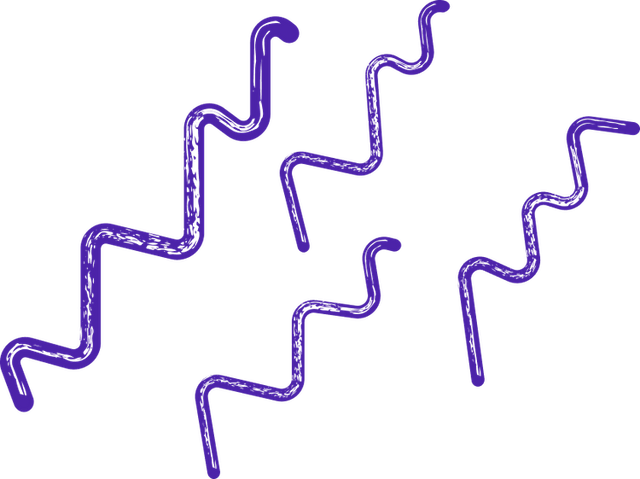
what is central processing unit cpu
What is Central Processing Unit (CPU)
The CPU is a complex integrated circuit composed of millions, or even billions, of transistors that work together to carry out the instructions provided by software programs. It is located on the motherboard and is connected to various other components such as memory, storage, and input/output devices.
The main function of the CPU is to fetch, decode, execute, and store instructions, which are the fundamental building blocks of computer programs. It carries out these operations in a continuous cycle known as the fetch-decode-execute cycle. During the fetch stage, the CPU retrieves the next instruction from the computer's memory. In the decode stage, the CPU interprets the instruction and determines the necessary actions to be taken. In the execute stage, the CPU performs the actual calculations or operations specified by the instruction. Finally, in the store stage, the CPU saves the results of the executed instruction.
The performance of a CPU is measured by its clock speed, which refers to the number of instructions it can execute per second. This is typically measured in gigahertz (GHz). A higher clock speed generally indicates a faster CPU and better overall performance. However, it is important to note that clock speed alone does not determine the efficiency or capability of a CPU. Other factors such as the number of cores, cache size, and architecture also play a significant role in determining the CPU's performance.
Modern CPUs often feature multiple cores, which are individual processing units within a single chip. Each core can handle multiple tasks simultaneously, allowing for improved multitasking and increased overall system performance. Additionally, CPUs may include various levels of cache memory, which is a small, high-speed memory that stores frequently accessed data to reduce the time it takes to fetch information from the main memory.
The CPU's architecture, or design, is another crucial aspect that affects its performance. Different CPU architectures employ various techniques to enhance efficiency, such as pipelining, superscalar execution, and branch prediction. These techniques aim to optimize the CPU's ability to execute instructions quickly and efficiently.
In summary, the Central Processing Unit (CPU) is the essential component of a computer system that carries out instructions, performs calculations, and controls the overall operation of the system. It serves as the brain of the computer, executing software programs and coordinating the activities of other hardware components. The CPU's performance is influenced by factors such as clock speed, the number of cores, cache size, and architectural design. Understanding the role and capabilities of the CPU is crucial for effectively utilizing and optimizing the performance of a computer system. The central processing unit (CPU) is often referred to as the brain of a computer. It is a crucial component that performs most of the processing inside a computer. The CPU interprets instructions from the computer's memory and carries out the necessary operations to execute those instructions. It is responsible for performing arithmetic and logical operations, as well as controlling the input and output of data.
In simple terms, the CPU is the part of the computer that processes data and performs calculations. It is made up of millions of tiny components called transistors, which work together to carry out the instructions given to the computer. The speed and efficiency of a CPU are measured in terms of clock speed, which is the number of cycles per second that the CPU can execute. A higher clock speed generally means that the CPU can process data faster, resulting in better overall performance for the computer.
Overall, the CPU is a vital component of any computer system, as it plays a critical role in determining the speed and performance of the machine. Understanding how the CPU works and its importance in computer processing can help users make informed decisions when choosing a computer or upgrading their current system.
Let’s build your next digital product — faster, safer, smarter.
Book a free consultationWork with a team trusted by top-tier companies.








